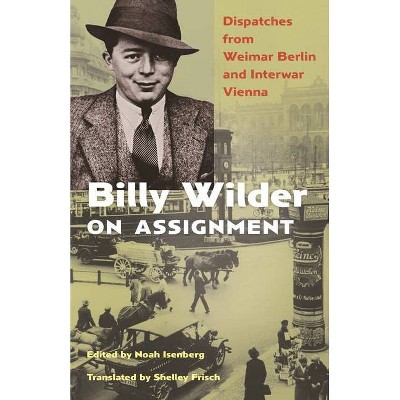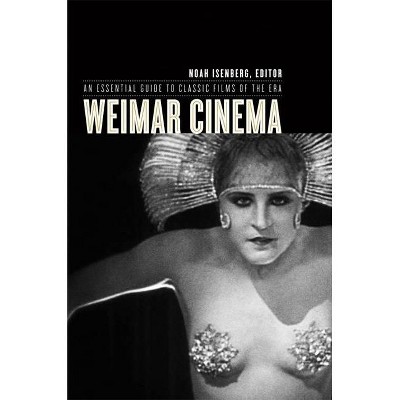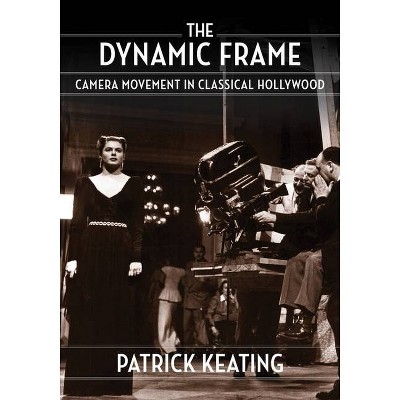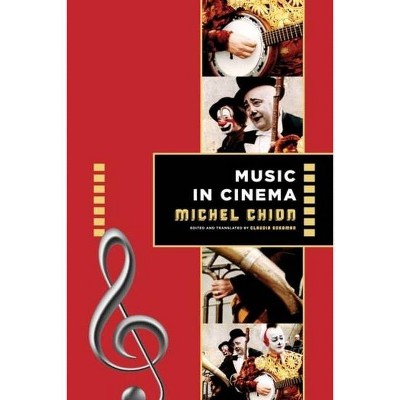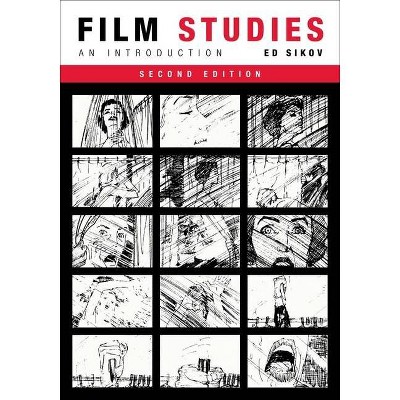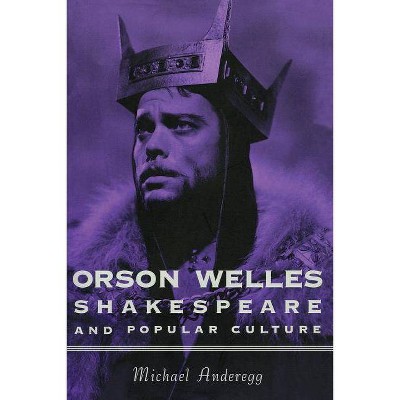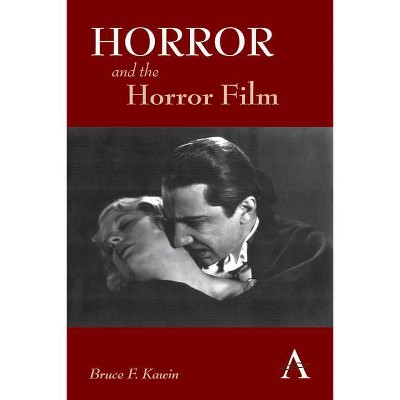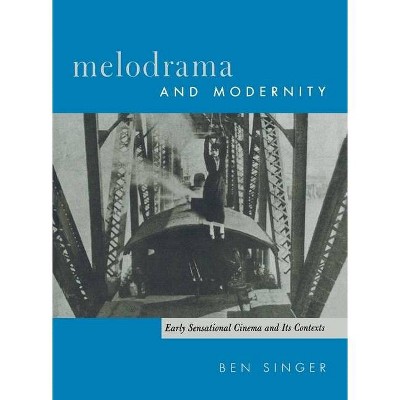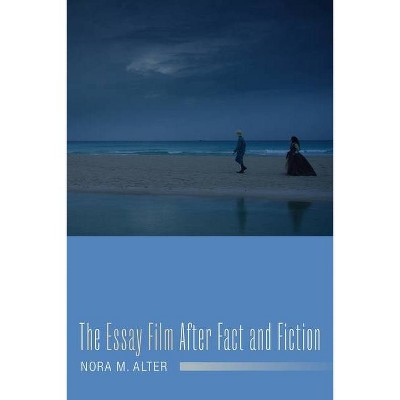Billy Wilder - (Film and Culture) by Joseph McBride (Hardcover)
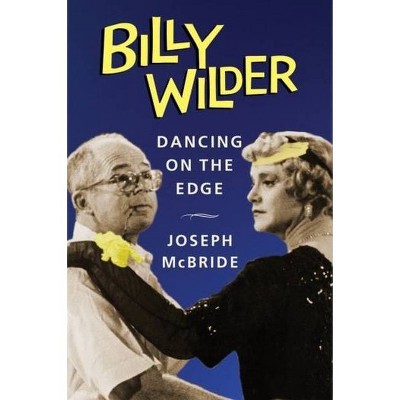
Similar Products
Products of same category from the store
AllProduct info
<p/><br></br><p><b> About the Book </b></p></br></br>In this critical study, Joseph McBride offers new ways to understand Wilder's work, stretching from his days as a reporter and screenwriter in Europe to his distinguished as well as forgotten films as a Hollywood writer and his celebrated work as a writer-director.<p/><br></br><p><b> Book Synopsis </b></p></br></br>The director and cowriter of some of the world's most iconic films--including <i>Double Indemnity</i>, <i>Sunset Blvd.</i>, <i>Some Like It Hot</i>, and <i>The Apartment</i>--Billy Wilder earned acclaim as American cinema's greatest social satirist. Though an influential fixture in Hollywood, Wilder always saw himself as an outsider. His worldview was shaped by his background in the Austro-Hungarian Empire and work as a journalist in Berlin during Hitler's rise to power, and his perspective as a Jewish refugee from Nazism lent his films a sense of the peril that could engulf any society. <p/>In this critical study, Joseph McBride offers new ways to understand Wilder's work, stretching from his days as a reporter and screenwriter in Europe to his distinguished as well as forgotten films as a Hollywood writer and his celebrated work as a writer-director. In contrast to the widespread view of Wilder as a hardened cynic, McBride reveals him to be a disappointed romantic. Wilder's experiences as an exile led him to mask his sensitivity beneath a veneer of wisecracking that made him a celebrated caustic wit. Amid the satirical barbs and exposure of social hypocrisies, Wilder's films are marked by intense compassion and a profound understanding of the human condition. <p/>Mixing biographical insight with in-depth analysis of films from throughout Wilder's career as a screenwriter and director of comedy and drama, and drawing on McBride's interviews with the director and his collaborators, this book casts new light on the full range of Wilder's rich, complex, and distinctive vision.<p/><br></br><p><b> Review Quotes </b></p></br></br><br>A superb study of Billy Wilder and an ideal companion to McBride's recent <i>How Did Lubitsch Do It?</i> This book is rich with information about the Viennese/Weimar culture that helped shape Wilder and wonderfully attentive to his artistry. It's the best critical account of a great filmmaker, showing exactly how he did it.--James Naremore, author of <i>More Than Night: Film Noir in Its Contexts</i><br><br>Joseph McBride is one of the best film critics and historians. His <i>Billy Wilder</i> is a crowning achievement. He casts considerable new light on Wilder's early life in Vienna and Berlin and reevaluates his artistic status, including his great later work. The cliché of Wilder as cynic and misanthrope is not to McBride's taste. Instead, he reveals the complexity of the man and the coherence of his eclectic oeuvre.--Michel Ciment, editor of <i>Positif</i><br><br>Only Joseph McBride could have given us Billy Wilder in such fullness, as he's done previously with Lubitsch, Ford, and other masters. The breadth of research is staggering, yet it is always placed at the service of McBride's free ruminative style, unbound by dutiful chronological study--instead, we have a sensibility, and a conversation. By placing the production histories and legacies of collaboration into the widest possible historical frame, McBride reanimates Wilder's life and art, returning us to the masterpieces to see them with fresh eyes, and hungry to discover the films we've missed.--Jonathan Lethem, author of <i>The Ecstasy of Influence: Nonfictions, Etc.</i><br><br>The most complete and profound study of Billy Wilder to date, one in which the work and the life illuminate each other, and two worlds that seemed separate are joined and complemented with unsuspecting coherence. A book that brings us closer to Wilder, humanizing and explaining him like no other.--Fernando Trueba, director of <i>Belle Époque</i><br><br>With his walk-on-the-dark-side comedies and refusal to sentimentalize, Wilder's reputation has only grown with time, and this magisterial critical study does full justice to his complex talent. McBride draws stunning connections between the life and the art, and his discussion of Wilder's treatment of women is especially fresh and persuasive. Both massive and entertaining, this is a must-read for Wilder fans.--Molly Haskell, film critic and author<br><p/><br></br><p><b> About the Author </b></p></br></br>Joseph McBride is a film historian and professor in the School of Cinema at San Francisco State University. His many books include the critical study <i>How Did Lubitsch Do It?</i> (Columbia, 2018) as well as acclaimed biographies of Frank Capra, John Ford, and Steven Spielberg and three books on Orson Welles.
Price History
Price Archive shows prices from various stores, lets you see history and find the cheapest. There is no actual sale on the website. For all support, inquiry and suggestion messagescommunication@pricearchive.us
